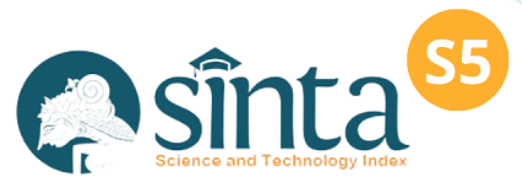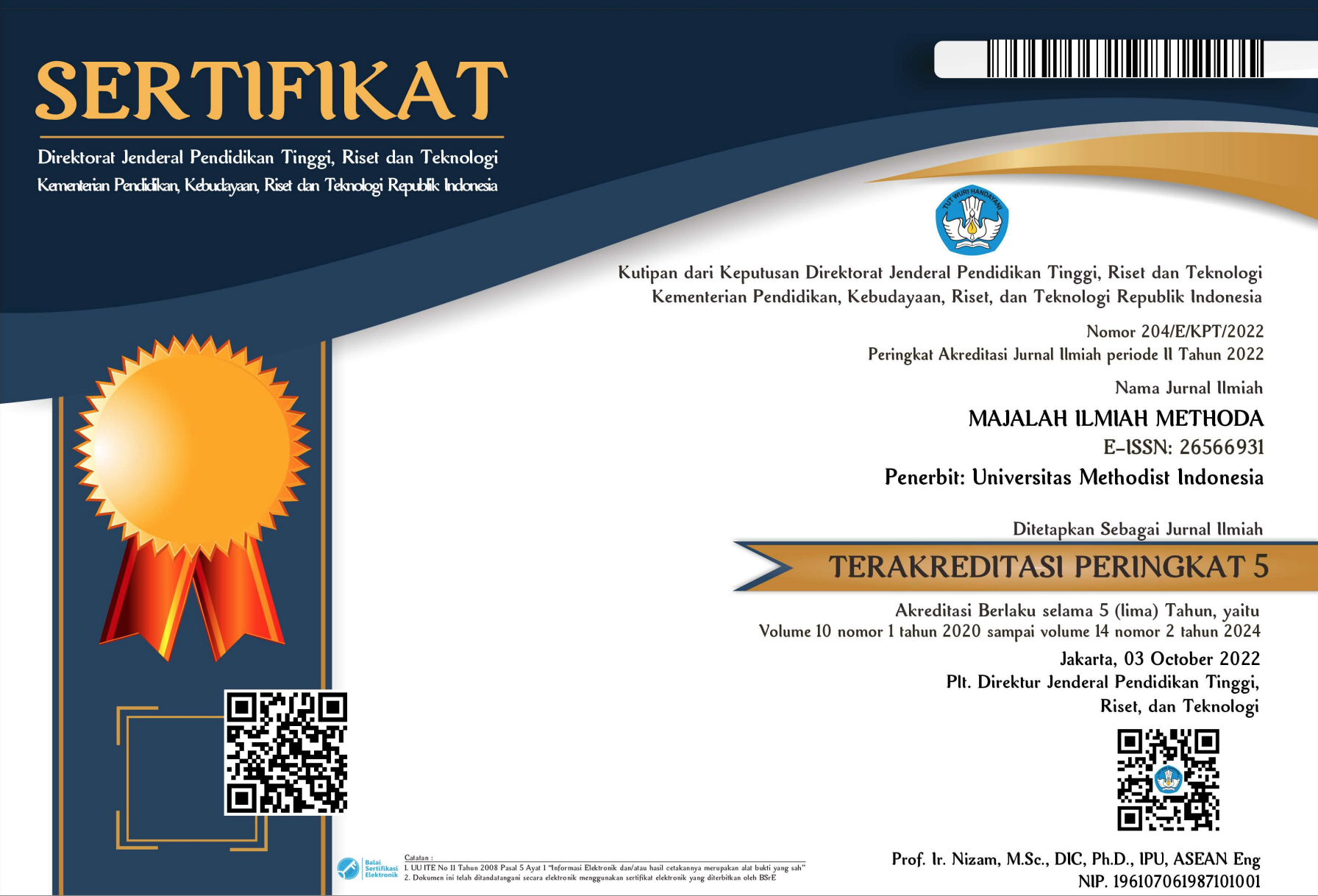WILLINGNESS TO COMMUNICATE PRACTICES: A CASE STUDY IN INDONESIAN EFL CLASSROOM
Keywords:
EFL students, EFL students’ Communication Skill, Willingness to CommunicateAbstract
This present study aims to discuss Willingness to Communicate (WTC) practices by Indonesian EFL students in tertiary level. activity of EFL students carrying out WTC practices. The idea of WTC becomes the influential factors underlying EFL students’ involvement and participation with in the certain topics and certain situation. This study applied qualitative research method with thematic analysis approach, and two participants with specific criteria were chosen to answer the semi-structure interview. The emerging data was classified to drawing two themes; engaging with others in the classroom, and engaging with others outside the classroom. Responding to the practices of WTC carried out by Indonesian EFL learners, the fundamental factor underlying EFL learners’ WTC is the situation-based activity
Downloads
Published
Issue
Section
License
Copyright (c) 2023 Nazriani Lubis, Asnarni Lubis

This work is licensed under a Creative Commons Attribution-NonCommercial 4.0 International License.










